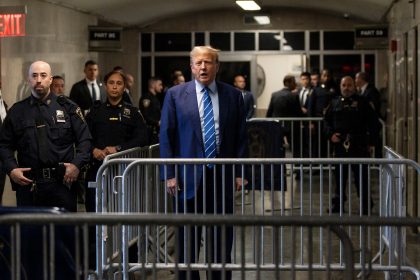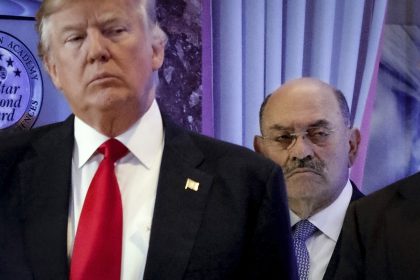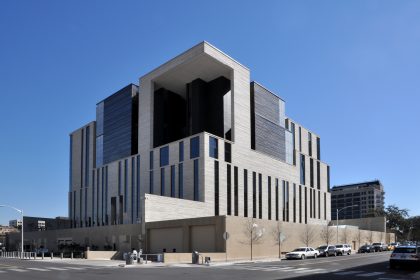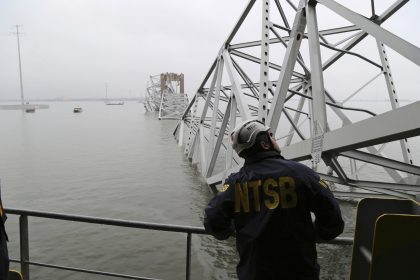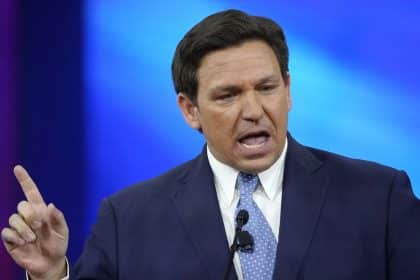Elon Musk Wins Suit Over Tesla Purchase of Rooftop Solar Company
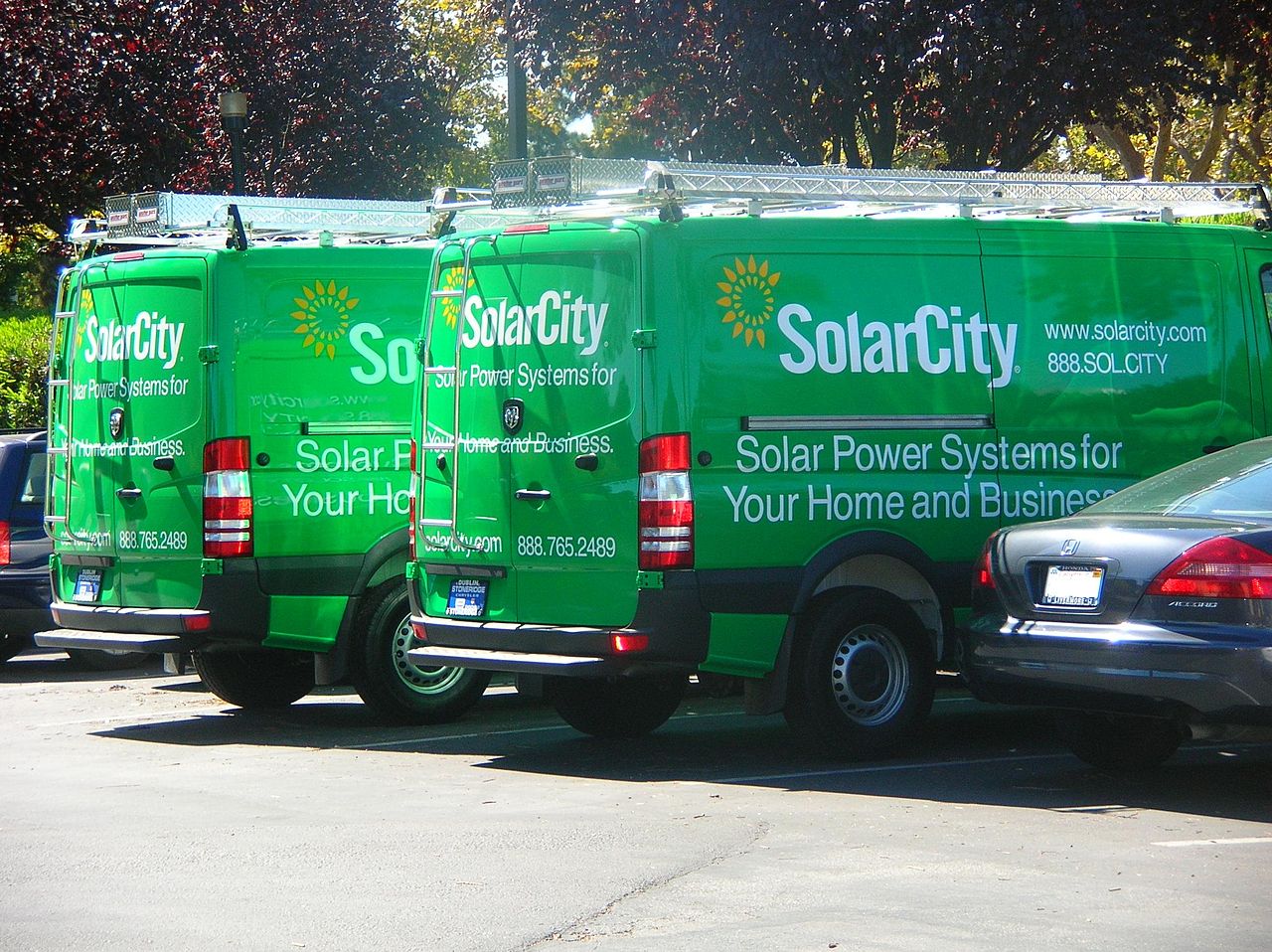
WILMINGTON, Del. — In a week in which his planned purchase of Twitter is dominating headlines, Elon Musk scored a victory of another sort on Wednesday, prevailing in a shareholder lawsuit over electric vehicle manufacturer Tesla’s purchase of SolarCity, a rooftop solar company.
SolarCity, which was headquartered in Fremont, California, focused on door-to-door sales of leased systems, where customers would pay no upfront costs, but agreed to purchase the power generated by those panels from the company for 20 years.
This business model helped make SolarCity the largest residential solar installer in the country, but also saddled it with $1.5 billion in debt by early 2016.
This is when Musk came in and said he wanted to buy the company, through Tesla, in an all-cash deal. The proposal immediately inspired skepticism among some of the automaker’s shareholders because SolarCity was founded by Peter and Lyndon Rive, Musk’s cousins, and Musk was the chairman of their board.
Musk, however, argued the companies already had a close operating relationship, pointing out that SolarCity offered free charging to Tesla Roadster owners at its charging stations, and that SolarCity became one of the first installers of the Tesla Powerwall home energy storage battery.
Still, Tesla’s stock plunged more than 10% on the day the proposed $2.6 billion purchase was announced, which led to the shareholder lawsuit in Delaware’s Chancery Court.
In the lawsuit, Tesla stockholders claimed they incurred $13 billion in damages as a result of the deal, which they characterized as a bailout for SolarCity. They also alleged that in making the deal, Musk breached his fiduciary duty to the electric car company.
During the trial, Musk said the SolarCity deal was part of his “master plan,” which he had written in 2006 and was meant to accelerate the advent of sustainable energy.
Musk also denied that he placed any pressure on the Tesla board to go through with the transaction.
Vice Chancellor Joseph Slights sided with Elon Musk, writing in his opinion that “Elon was more involved in the process than a conflicted fiduciary should be. And conflicts among other Tesla Board members were not completely neutralized.”
“That said,” he continued, “the Tesla Board meaningfully vetted the acquisition, and Elon did not stand in its way.”
The case was what is known as a shareholder derivative action – a suit filed by investors on behalf of a corporation, rather than individuals or funds.
If the plaintiffs had won, proceeds would have gone to Tesla and not to the shareholders who brought the suit.
Attorneys for the shareholders could not immediately be reached for comment. They still have the option of appealing the case to the Delaware Supreme Court.
Dan can be reached at [email protected] and at https://twitter.com/DanMcCue.

















